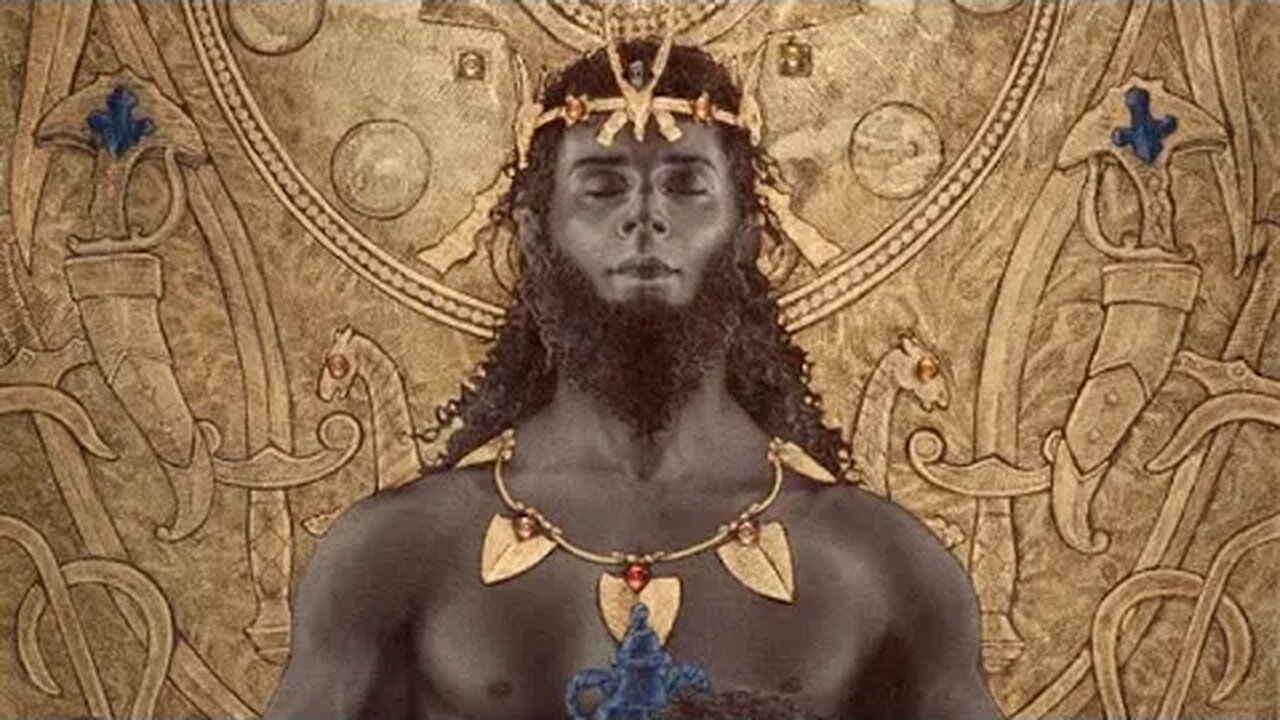Premium Only Content

Gilgamesh: Immortality
Gilgamesh is the central figure and hero of the Assyro-Babylonian myth The Epic of Gilgamesh, a story written on clay tablets that is considered to be the earliest known literary work.
Gilgamesh was probably a real person who lived between 2,500 and 2,700 B.C., the fifth king in the First Dynasty of Uruk (modern-day Iraq). Fragments of the epic date from the second millennium B.C., and it’s assumed the story was passed down orally, beginning a few hundred years after the death of Gilgamesh. The epic was lost until the middle of the 19th century, when tablets were discovered as part of the library of Nineveh’s King Assurbanipal, who reigned in the 7th century B.C. The tablets found then are believed to be copies of 11 or 12 tablets recorded by a Babylonian named Sin-leqi-unninni around 1,200 B.C.
In the story, Gilgamesh has a series of adventures with his companion, Enkidu, who then dies, causing Gilgamesh to grieve and reflect on his own mortality. While Enkidu goes to the netherworld, Gilgamesh sets out to find the secret to immortality. After a visit with Utnapishtim, the only human granted immortality by the gods, Gilgamesh learns that he must appreciate life as a mortal and accept that he won’t live forever.
The tablets are significant as an archeological record. The Gilgamesh story is significant because of parallels found in the Bible (especially the story of the Great Flood) and because it touches on the universal themes of the meaning of life, the dual nature of humanity, and the differences between the divine and the human.
-
 0:52
0:52
Literati
1 year ago $0.01 earnedTrue Happiness Is…
68 -
 LIVE
LIVE
NeoX5
1 hour agoResident Evil Challenge Runs || Two games one contorller || Ranomdizer || #RumbleGaming
146 watching -
 8:13
8:13
BitcoinBros
1 hour ago"Dip! Before MASSIVE BLASTOFF For $MSTR" - Michael Saylor Bitcoin
131 -
 1:08:33
1:08:33
Winston Marshall
6 hours agoBritain’s R*PE GANGS: How and Why The Media Failed - Patrick Christys
5.5K12 -
 1:17:46
1:17:46
Professor Nez
2 hours ago🚨BREAKING: Trump SLAMS Sentencing to Judge Merchan's FACE in New York Hush Money Case
2.26K9 -
 LIVE
LIVE
Barstool Yak
3 hours agoThe Yak with Big Cat & Co. Presented by Rhoback | The Yak 1-10-25
353 watching -
 1:58:36
1:58:36
The Charlie Kirk Show
2 hours agoThe Lawfare Ends + CA Fire Updates + TikTok's Future| Darvish, Sen. Schmitt, Brown | 1.10.2025
66.2K22 -
 1:03:33
1:03:33
The Dan Bongino Show
4 hours agoDisturbing News On The Lawfare Op Against Trump (Ep. 2398) - 01/10/2025
560K2.43K -
 50:45
50:45
The Rubin Report
22 hours agoBill Maher Shocks Stephen A. Smith with What Liberals Tell Him Behind Closed Doors
41.8K26 -
 2:03:42
2:03:42
Film Threat
3 hours agoJANUARY CRAP CONTINUES! | Film Threat Livecast
10.6K